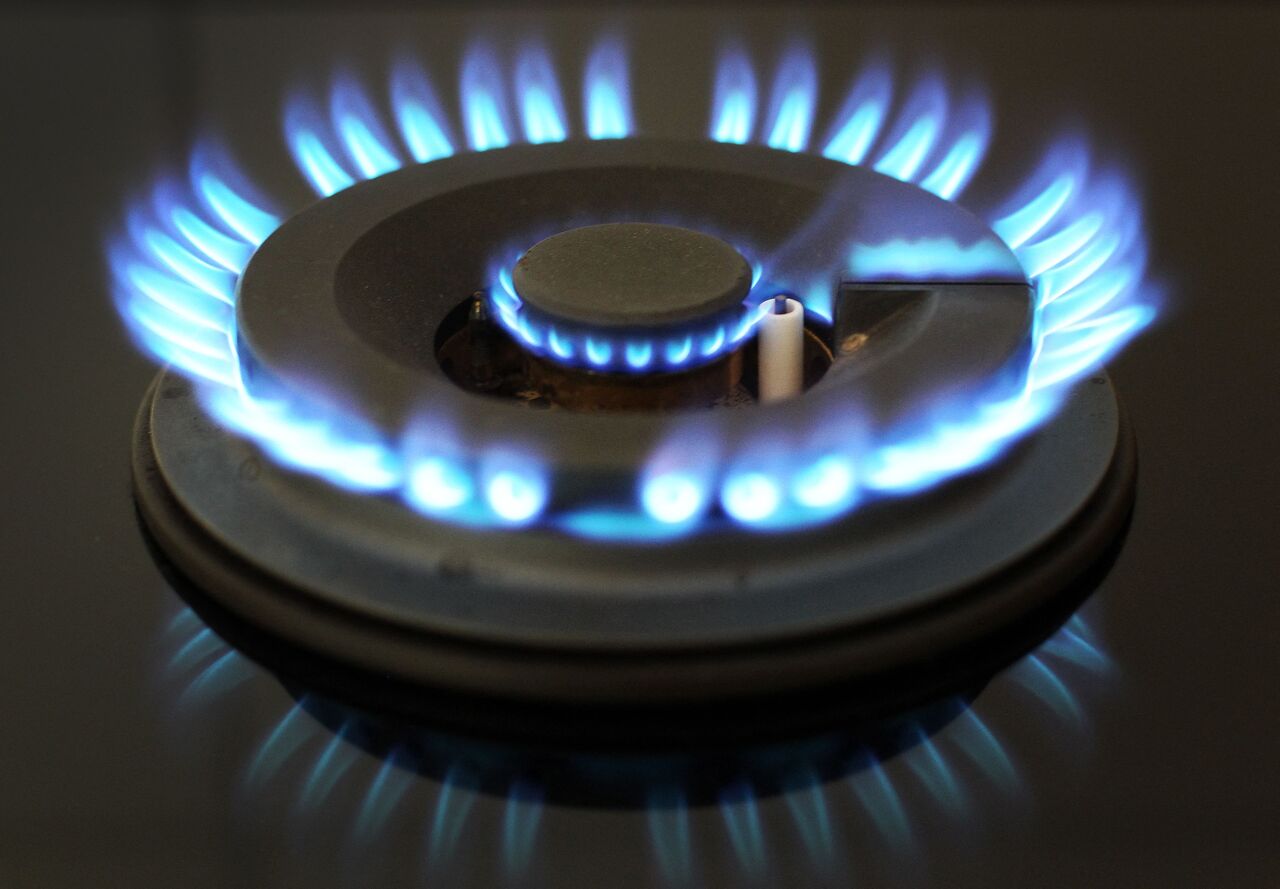Britons' energy price cap rises by record 80%; Johnson vows more aid
Sign up now: Get ST's newsletters delivered to your inbox

Wholesale gas and power prices in Britain have surged since the Russian invasion of Ukraine.
PHOTO: REUTERS
LONDON (REUTERS) - Britain announced on Friday (Aug 26) a vast 80 per cent hike in electricity and gas bills, in a dramatic worsening of the cost-of-living crisis before winter as the UK awaits a new leader.
Regulator Ofgem said its energy price cap, which sets prices for consumers who are not on a fixed deal with their supplier, will in October increase to £3,549 (S$5,830) per year from the current £1,971, blaming soaring wholesale costs after Russia’s invasion of Ukraine.
Ofgem said it was not giving projections for January when a new cap will take effect because the market remained too volatile.
But it said the market for gas in winter means that prices could get “significantly worse” through 2023.
British Prime Minister Boris Johnson said the government would announce further support next month for consumers struggling with energy bills.
He said this should be targeted at the most vulnerable rather than all households.
Mr Johnson, who has less than two weeks left in office, told reporters that previously announced support was “clearly now going to be augmented, increased by extra cash that the government is plainly going to be announcing in September”.
“But what I don’t think we should be doing is trying to cap the whole thing for absolutely everybody, the richest households in the country,” he added.
Wholesale gas and power prices that were already rising after the pandemic have surged since Russia invaded Ukraine and Moscow curtailed gas exports to Europe, driving UK inflation to a 40-year high.
The increases are passed on to British consumers through a price cap, calculated every three months, that was designed to stop energy suppliers profiteering but is now the lowest price available for 24 million households.
The new average bill for electricity and gas means energy bills will have almost trebled from October last year when they were an average of £1,277, a major factor in the high inflation rate.
To put the rise into context, the opposition Labour Party has proposed a six-month freeze on energy prices. If extended for a year it would cost around £60 billion - almost as much as the Covid-19 pandemic furlough scheme.
"Without further support from the government, more than half of UK households will likely be in fuel poverty by January," supplier EDF Energy UK's executive Philippe Commaret said on Wednesday, adding that customers were at risk of a "dramatic and catastrophic winter".
Fuel poverty is defined as spending more than 10 per cent of income on energy.
Spiralling costs
The spiralling cost of energy, reflected in the price of everything from food to travel, is set to worsen a cost of living crisis amid warnings from the Bank of England of a lengthy recession.
The Labour Party said the new cap would be devastating.
"The fact the government is absent at this time of national crisis is unforgivable," leader Keir Starmer said.
The government announced a £400 discount on consumer bills for this winter in May, when price forecasts were significantly lower. It has since been preoccupied with the battle to oust Boris Johnson as prime minister, and the race to replace him.
Ofgem's chief executive Jonathan Brearley said Britain's new prime minister will need to act urgently to address the soaring energy prices.
“The prime minister, with his or her ministerial team, will need to act urgently and decisively to address this. All of us, with the government, need to get ahead of this problem and manage it on behalf of customers,” he told BBC Radio.
While European governments seek to conserve gas, increase storage and cut bills, Britain's government has split into the warring camps of candidates Liz Truss and Rishi Sunak, who have clashed over how to respond to the crisis as they vie for the top job.
Ms Truss wants to suspend environmental and social levies - a measure that would shave about 8 per cent off bills under the current cap - while Mr Sunak has said he will cut sales tax.
Cornwall Insight predicts the cap will rise by another 31 per cent in January to £4,650, more than three and a half times the level of a year earlier, as the market shows no sign of abating, with UK gas prices hitting a record high on Monday.
Energy suppliers have come up with their own proposals.
Centrica-owned British Gas said it would give £12 million of its 98 million first-half pre-tax profit to an energy support fund. Scottish Power has called for the government to cover some of the rise, which would be repaid over 10 to 15 years.


